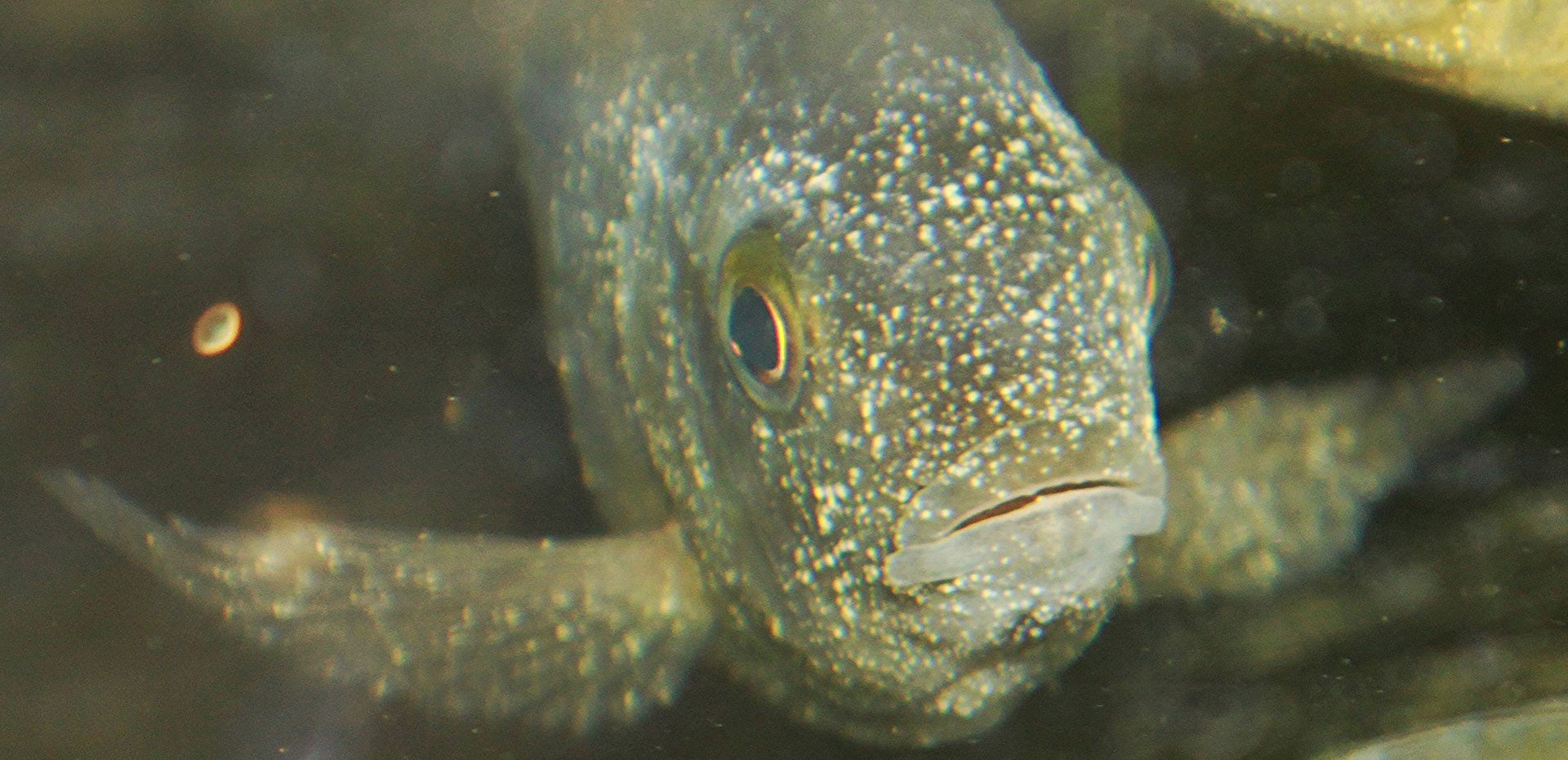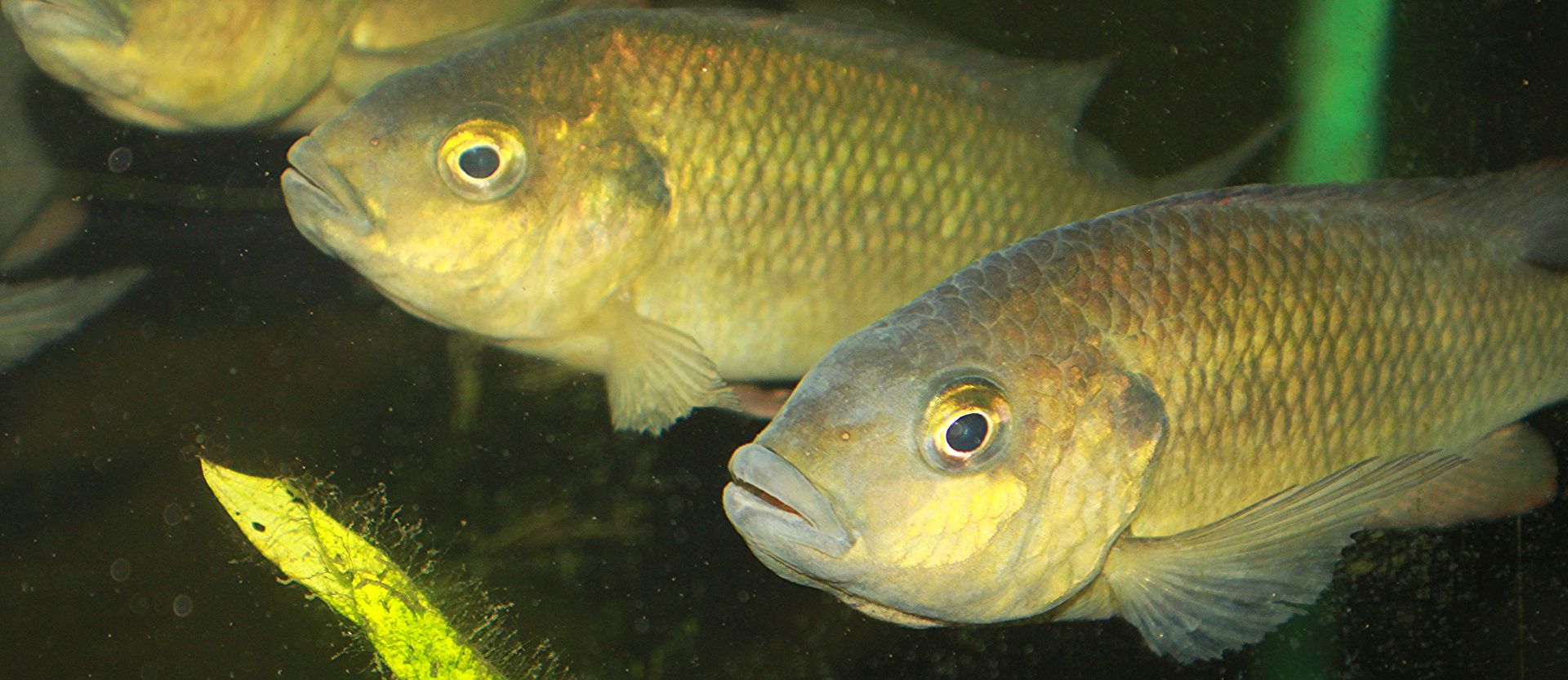One of the largest problems with ick, is secondary infection (even after it is cured), that is, because when an ick cyst erupts, it leaves a lesion on the fish, and that open sore can easily become infected with bacteria. The elevated temps used to hasten the ick cycle, are just what some of those infectious bacteria thrive in.
Here is a fish that arrived with a bad case of ich.

I used only salt as treatment, no extra heat, to other meds.
a little over a week later

Most meds are toxic metal salts, these osmotically crush the ick cell walls as they young ick hatch, and work the same way as NaCl does, I just see salt (NaCl) as the least toxic of them all, which is why it is my preferred treatment choice.
One of the popular alternative meds are Malachite Green.
Malachite green - Wikipediahttps://en.wikipedia.org/wiki/Malachite_green
Here is a fish that arrived with a bad case of ich.

I used only salt as treatment, no extra heat, to other meds.
a little over a week later

Most meds are toxic metal salts, these osmotically crush the ick cell walls as they young ick hatch, and work the same way as NaCl does, I just see salt (NaCl) as the least toxic of them all, which is why it is my preferred treatment choice.
One of the popular alternative meds are Malachite Green.
Malachite green - Wikipediahttps://en.wikipedia.org/wiki/Malachite_green






